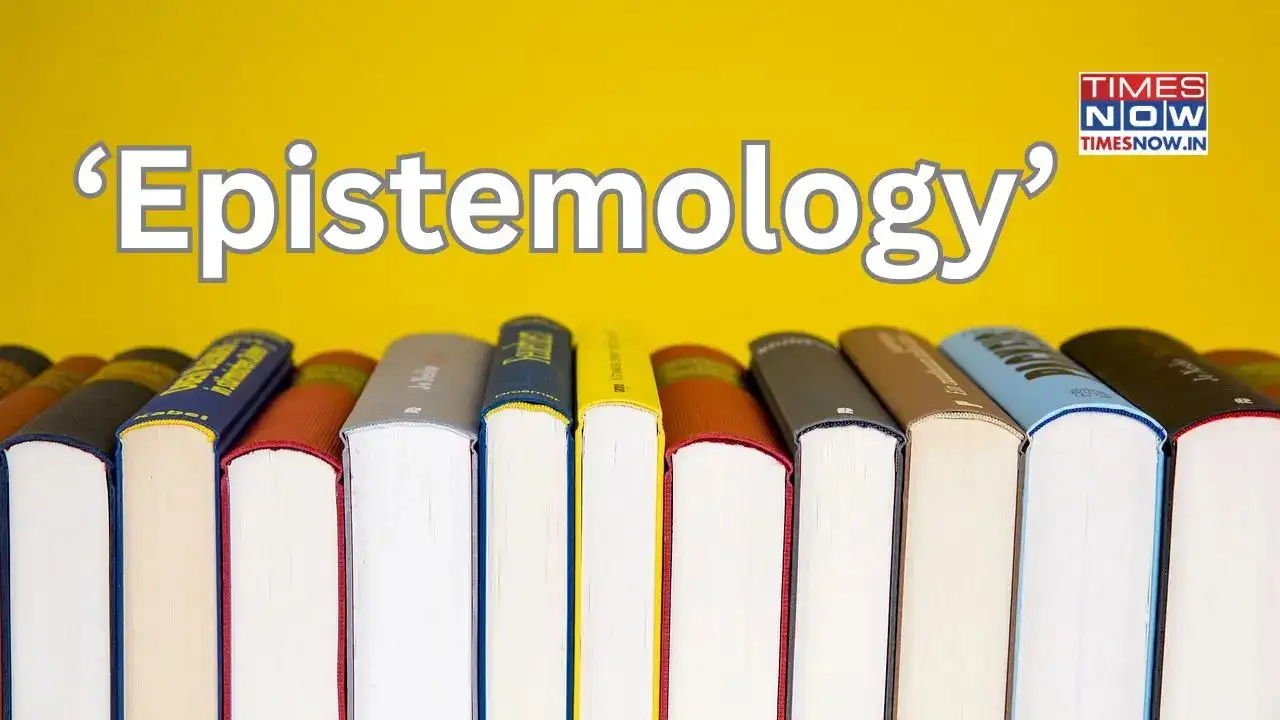Copyright timesnownews

Union Public Service Commission (UPSC) Civil Services Examination (CSE) Preliminary 2026 is scheduled to be held on May 24, 2026. Strong vocabulary and understanding of when to use the right word where is very important in UPSC Civil Services exam. UPSC Prelims questions, especially in Polity, Economy, and Environment, are often tricky because of wording. So, we bring you a series where we will explain the meaning and usage of one word every week. Word of the week: Epistemology Etymology: From Greek “epistēmē” (knowledge) + “logos” (study or theory). → Literally: “Theory of Knowledge.” Meaning: The branch of philosophy that deals with the theory of knowledge, i.e. how we know what we know, what qualifies as truth, and what justifies belief. In simpler words, it is the philosophical study of the nature, origin, and limits of human knowledge UPSC usage: For example, in a question about a specific doctrine or ethical issue, you can use epistemology to analyse the sources of its claims (e.g., perception, reason, revelation), the justification for those claims, and how they are validated or challenged. This word can specially be used for Ethics, Philosophy, and Essay papers. Question: "Discuss the ethical challenges in using Artificial Intelligence for decision-making in public administration." "The ethical challenges in using AI in public administration are rooted in the epistemology of the knowledge it relies upon. Epistemology, the theory of knowledge, helps us critically examine how AI systems acquire, process, and justify their outputs." Ethics (GS Paper IV) Epistemology helps explain how we know what is right or wrong. Example: “Moral epistemology” explores how individuals form ethical judgments — through intuition, reason, or societal norms. Essay Paper It’s a strong concept for essays on topics like Truth, Education, Technology & Knowledge, or Artificial Intelligence. Example essay line: “The epistemological shift from book-based learning to algorithmic knowledge challenges our very definition of wisdom.” Philosophy Optional It’s one of the core branches of philosophy (alongside Metaphysics, Logic, and Ethics).



